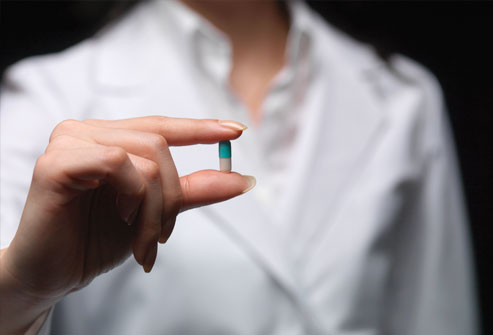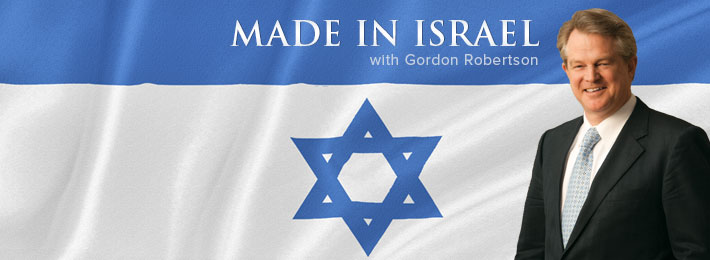After decades of being at the forefront of life sciences, specifically in medical technology innovation, Israel is now leading the way in another area of health care and advancement: brain science.
Already well known for research and developments in the areas of robotics, optics, immunology, pharma, early disease detection, and surgery, Israeli start-ups are now making significant strides in neurology. 2015, in fact, saw the launch of Israel’s first braintech accelerator, Brainnovations, operating out of Tel Aviv.
Disruptions in the detection and treatment of brain-related disease and functionality are sorely needed, and companies around the world are emerging with solutions related to Alzheimer’s, Stem Cell Therapy, central nervous system diseases, psychiatric disorders and more. We’re excited about what we’re seeing in Israeli brain innovation, in particular. Here are a few companies developing solutions that address significant neurological issues:
- ElMindA was founded in 2006 with the vision of revolutionizing the management of brain disorders and injuries. They’ve developed the world’s first FDA-cleared neuronal functional assessment tool. EIMindA’s solution uniquely measures how different parts of the brain communicate by uploading measured neural activity into the cloud. Proprietary algorithms then map out neural association. This approach captures objective, physical evidence that may elude physicians, offering insight to or explanation of a patient’s symptoms, behaviors, and brain functions.
- Surgical Theater is a company that has developed software combining the science of flight simulation with advanced CT/MRI imaging technology. Using Surgical Theater, surgeons may perform a 3D “flight simulation” of surgery before an actual operation. The company’s Surgery Rehearsal Platform (SRP) is the only commercial, patented, and FDA-cleared platform for cerebral and spine pre-surgery rehearsal on the market. Research indicates that surgeons who use virtual reality and simulators operate with decreased risk and ultimately see better outcomes.
- BrainQ offers a non-invasive technology to treat a swath of neurological issues. Their device, LearQ, uses proprietary algorithms to create tailored electromagnetic fields, which target patients’ impaired neural networks; thus, recovering their connectivity and enhancing natural rehabilitation. The company’s first area of focus – the treatment of upper limb disability following stroke – affects 900,000 people in the U.S. and E.U. every year. At this time, there are limited treatments are available for the recovery of patients with stroke. BrainQ is hoping to address this need.
- Intendu aims to improve cognitive rehabilitation of people with brain dysfunction. Their platform — already in use in U.S. hospitals – is centered on adaptive, body-controlled video games that mimic real-life interactive scenarios. The games are personalized in real-time to fit the player’s capabilities and rehabilitation goals. Intendu’s solution is particularly useful for patients with cognitive impairments due to traumatic brain injury, stroke, age-related cognitive decline, mental illness, or neurological disease.
Interested to see and learn more about this space? Israel’s best and brightest will be on display for the international medical technology community this May 23-25 in Tel Aviv at the 16th MIXiii-BIOMED 2017 Conference and Exhibition. Aging is the central theme of this year’s conference, and certainly braintech will be a big part of the ongoing conversation at BioMed, since neurological diseases do affect a significant portion of the elderly population.


![Anatomy of OurCrowd’s Innovative MedTech Portfolio [Infographic]](https://blog.ourcrowd.com/wp-content/uploads/2016/02/MedTech-infographic-blog-post.jpg)





